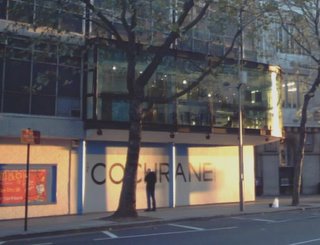Snapshot
 A long and cold week in Cambridge, as England tilts swiftly north, into the biting cold wind. The sun sets at four in the afternoon, leaving a few hours in the afternoon of slowly setting sun, slanted mustard yellow light making the buildings shoot up into golden windows of flame, and undergraduates shoot across courtyards to warmer fires in armchair-crowded common rooms.
A long and cold week in Cambridge, as England tilts swiftly north, into the biting cold wind. The sun sets at four in the afternoon, leaving a few hours in the afternoon of slowly setting sun, slanted mustard yellow light making the buildings shoot up into golden windows of flame, and undergraduates shoot across courtyards to warmer fires in armchair-crowded common rooms.I've been hiding from blogging, and from the world, for the past week. November is a hard time for academics. Long American PhD's and state schools necessitate applying every November for a seemingly endless series of external research grants. In the process, the scholar puffs herself in essays, listing her accomplishments and potential, comparing herself to notables in the field. Some people find it a good time to take stock and practice self-promotion. At a time when I'm sliding between different definitions of my identity, I often find selling myself to be the most difficult activity I can engage in.
So yesterday evening, I quit the British Library and walked all the way to Piccadilly, where I was meeting Ngheim and Andrea, her boyfriend, for coffee at the fifth floor cafe of the Waterstone's bookstore -- a glassy, art deco treasure in downtown London with a view out over the rooftops and steeples of the West Ends, stretching past Westminster Abbey to the Thames.
 All the way there I stopped and took photos with my silly two-cent camera. Terrible photos. Most of them barely came out; fuzzy, out-of-focus, too far away -- the two-cent camera has neither zoom nor focus nor megapixels. But spending an hour aimlessly walking and looking whipped me out of the archival malaise of meditative pages without end, of brooding about whether at 27 I've wasted my life, of whether the movement has a future or anybody reads my work. It whipped me out and whipped me back into the world of details, people, places, lives, heaped on top of each other, lovely, rich, and meaningful.
All the way there I stopped and took photos with my silly two-cent camera. Terrible photos. Most of them barely came out; fuzzy, out-of-focus, too far away -- the two-cent camera has neither zoom nor focus nor megapixels. But spending an hour aimlessly walking and looking whipped me out of the archival malaise of meditative pages without end, of brooding about whether at 27 I've wasted my life, of whether the movement has a future or anybody reads my work. It whipped me out and whipped me back into the world of details, people, places, lives, heaped on top of each other, lovely, rich, and meaningful.This morning, the Canon from the Cathedral of Ely preached about prayer as a form of attention. He quoted Simone Weil on the purpose of education, and her claim that *all* education, and *Christian* education in particular, are meant chiefly to increase the ability of the student to attend -- not to perform, not to make great marks, but to attend upon a single subject, with the end of a life-long habit of attention to other people. Later in the evening, I was passing through the kitchen downstairs. The radio was on and BBC1 announced that brain cells actually regenerate, even in adults, even well into maturity, with the practice of attention.
Technorati Tags: crowds, education, academics, research, photos, space, landscape, cameras, serendipity, light, color,stratego










0 Comments:
Post a Comment
<< Home